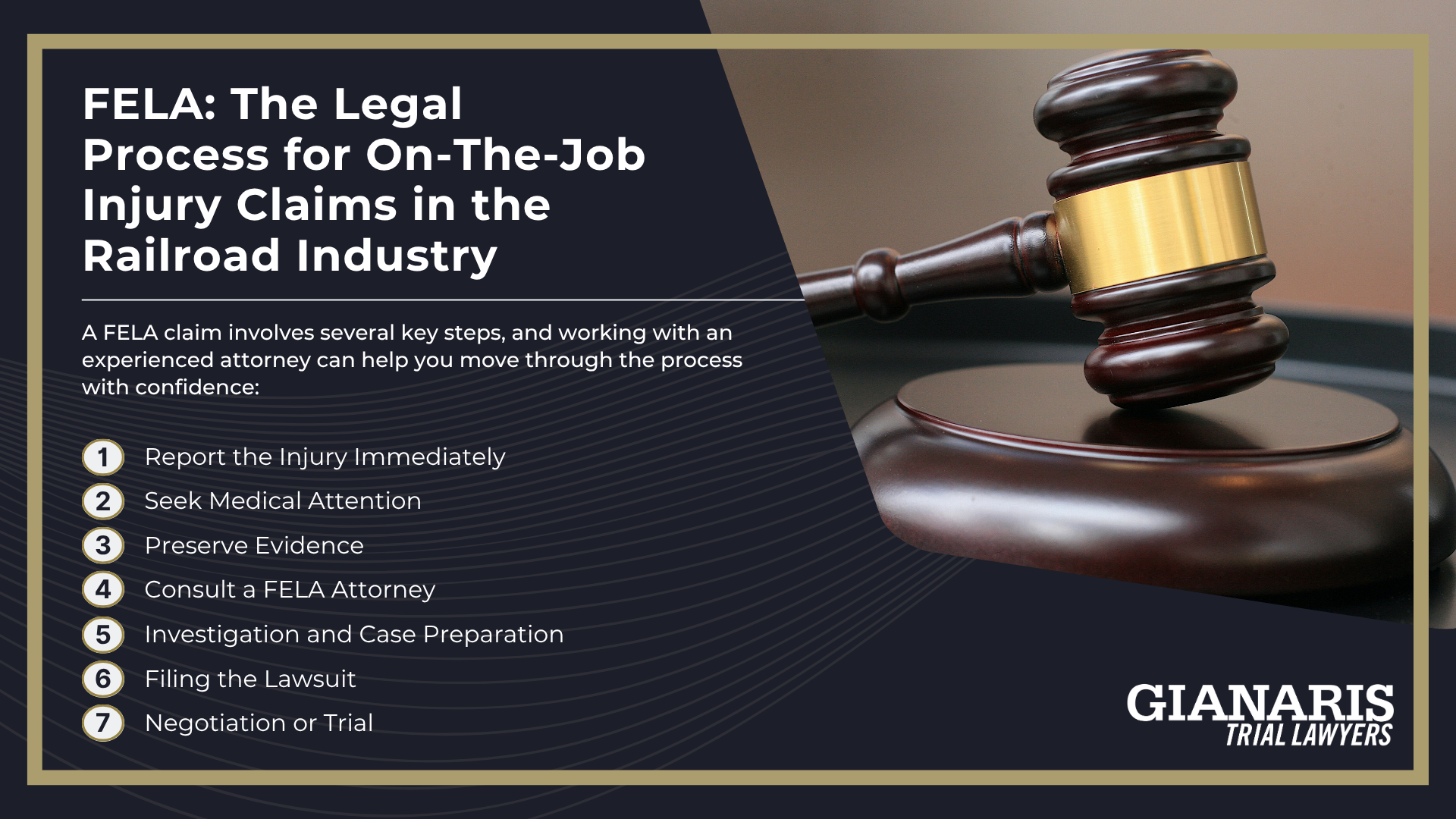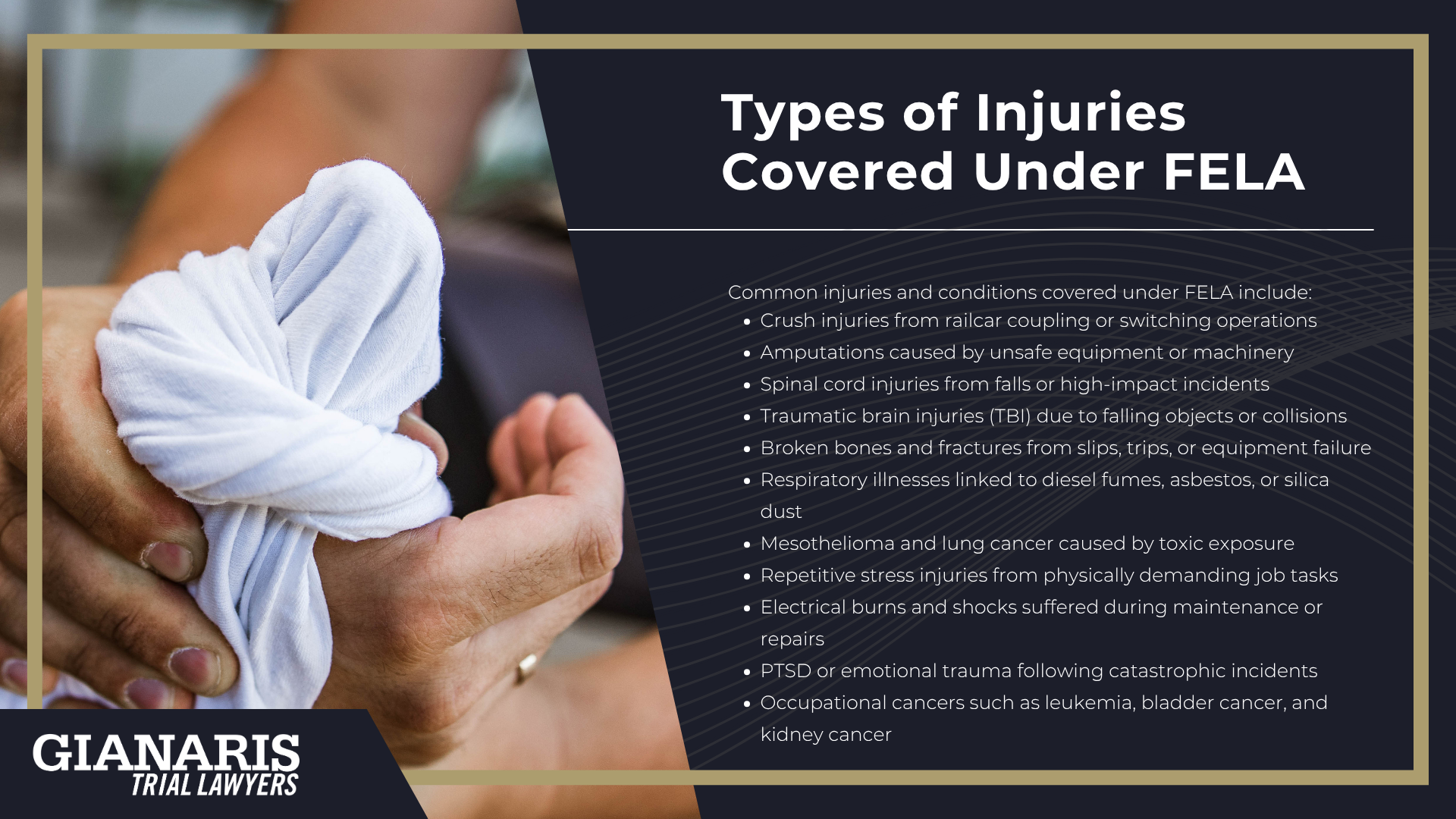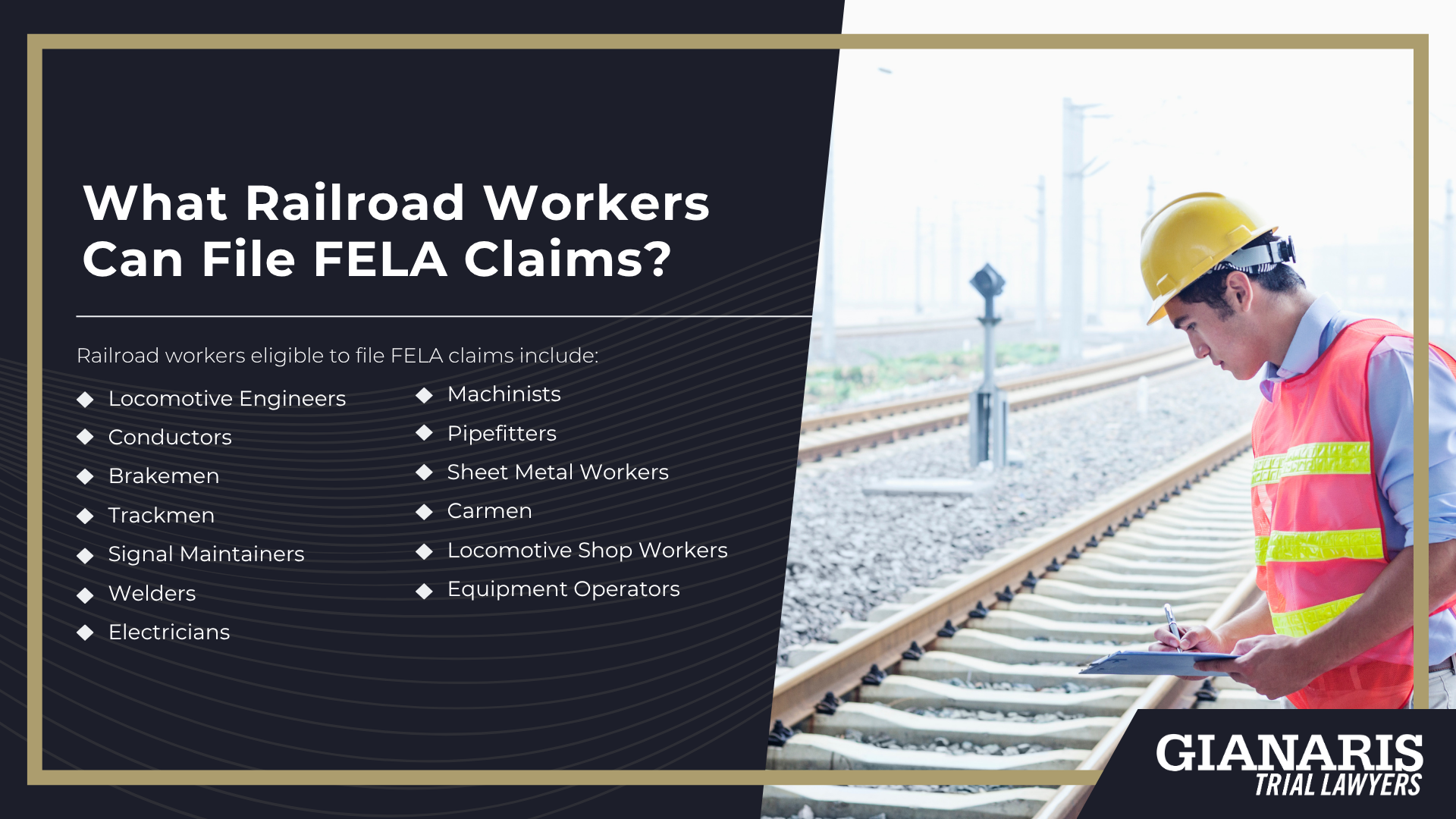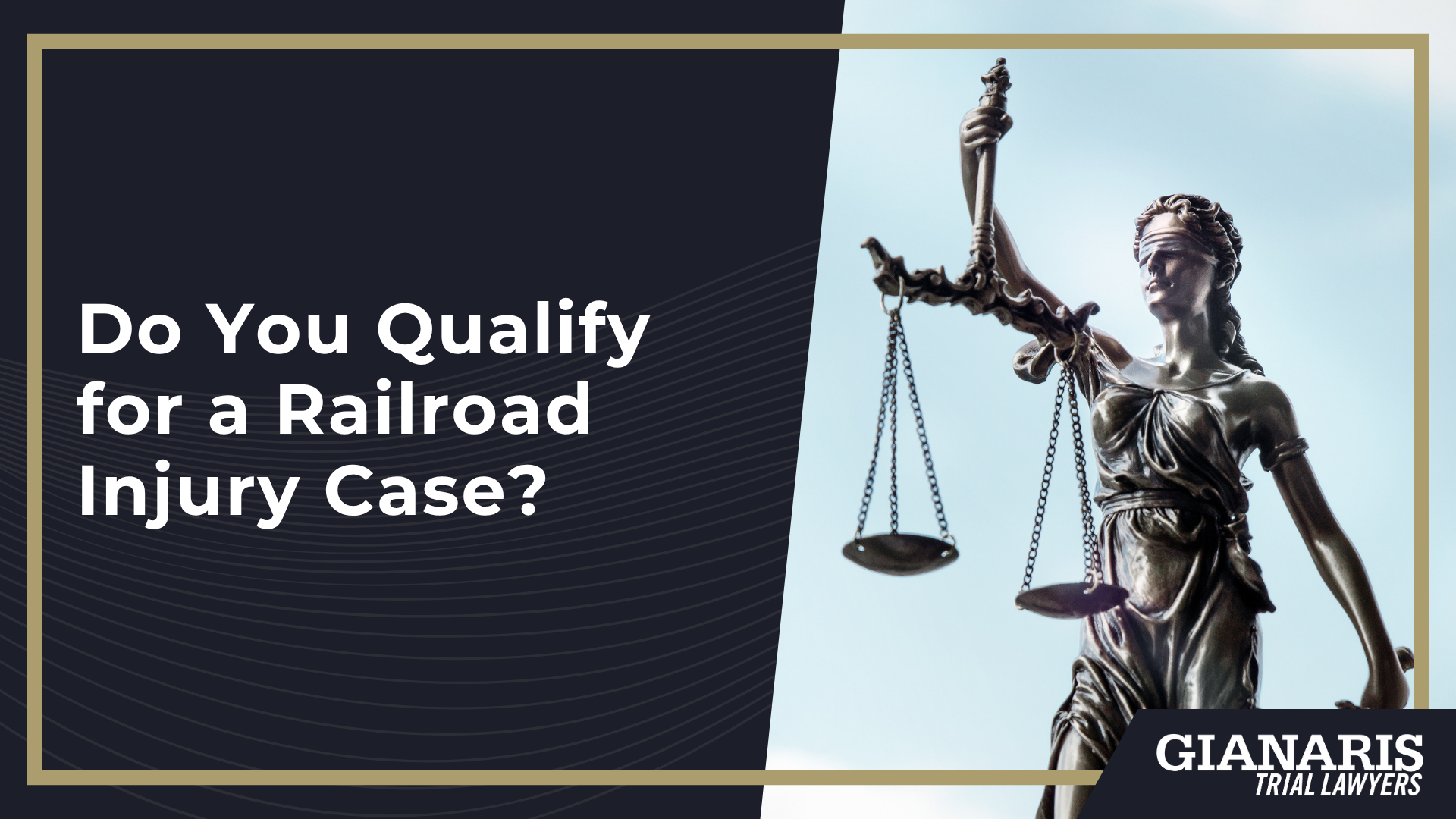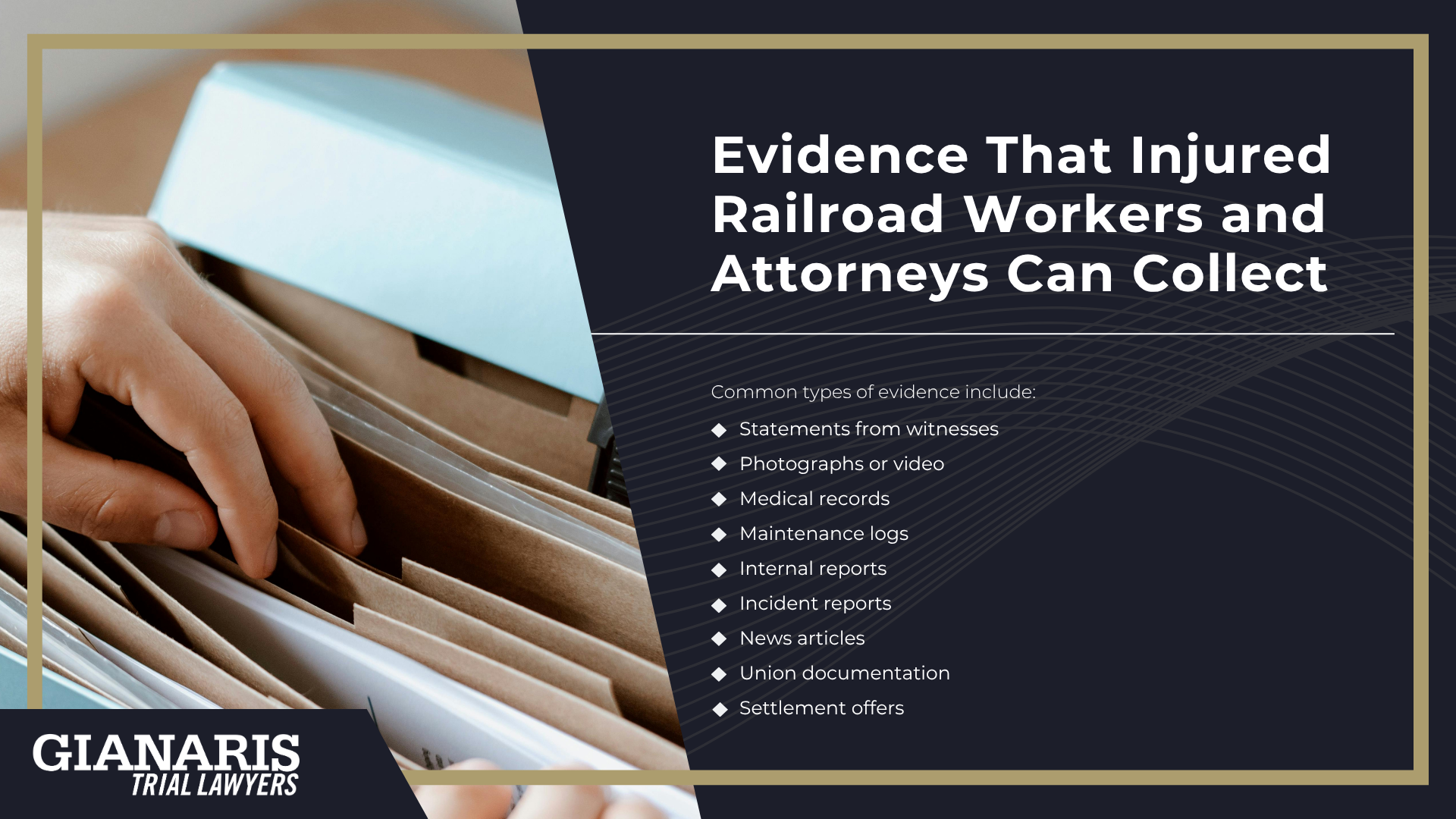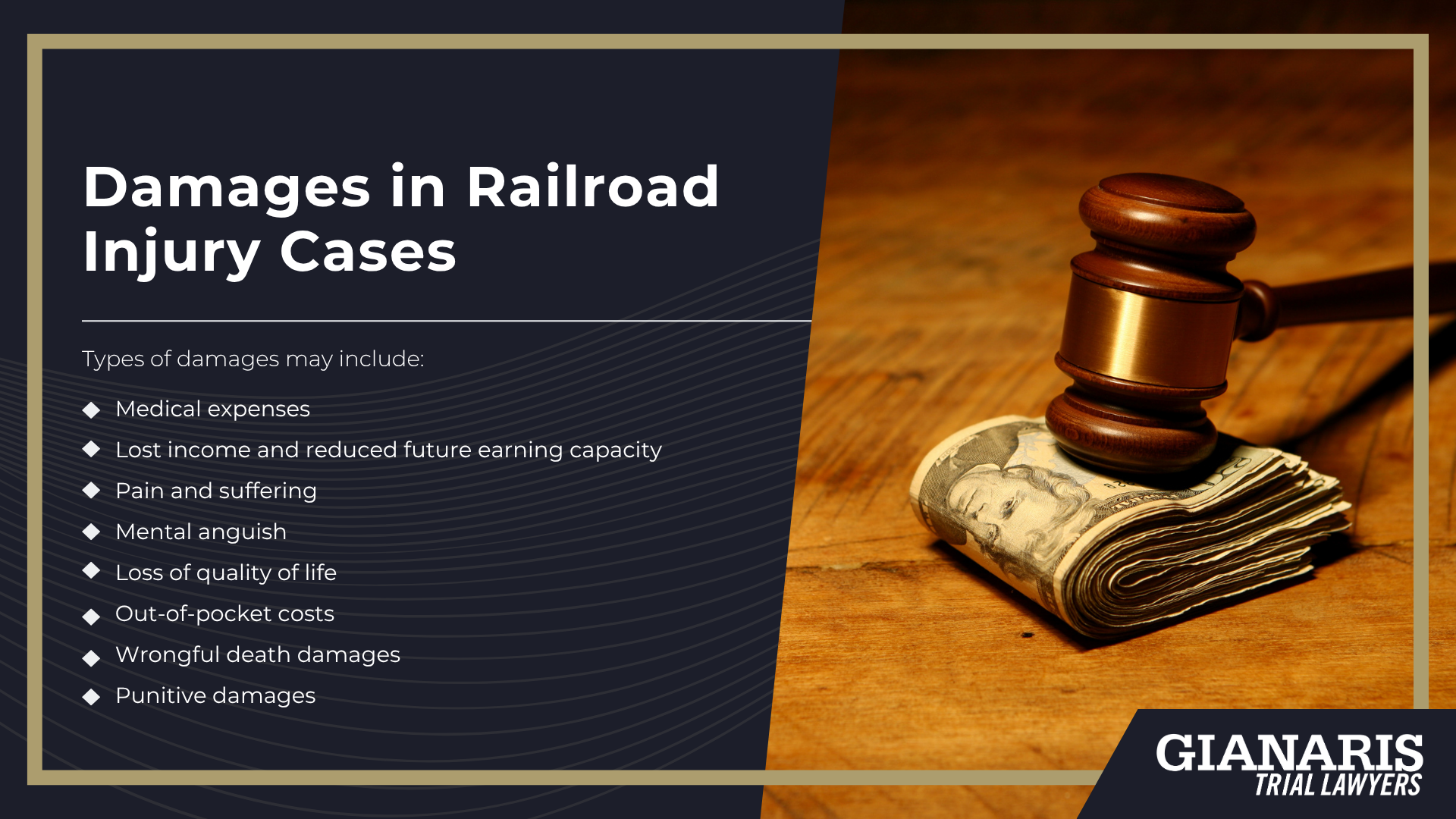Ted Gianaris is a nationally recognized trial lawyer with many years of experience representing injured railroad workers and their families.
As the founder of Gianaris Trial Lawyers, he has dedicated his career to holding negligent corporations accountable and securing fair compensation for those harmed by unsafe working conditions.
Ted’s legal team works closely with doctors, industrial hygienists, and other experts to build strong cases for clients suffering from occupational illnesses and catastrophic injuries.
He is known for guiding clients through the whole process with professionalism and compassion, ensuring they understand each step of their case.
Ted’s commitment to justice has led to significant results in cases involving railroad work, toxic exposures, and environmental hazards.
His efforts have not only provided financial relief to injured individuals but have also brought attention to systemic issues affecting workers across the country.
Clients appreciate his hands-on approach and the respect he shows to every person he represents.
Under his leadership, Gianaris Trial Lawyers continues to focus on impactful litigation that makes a difference in the lives of those affected by corporate negligence.
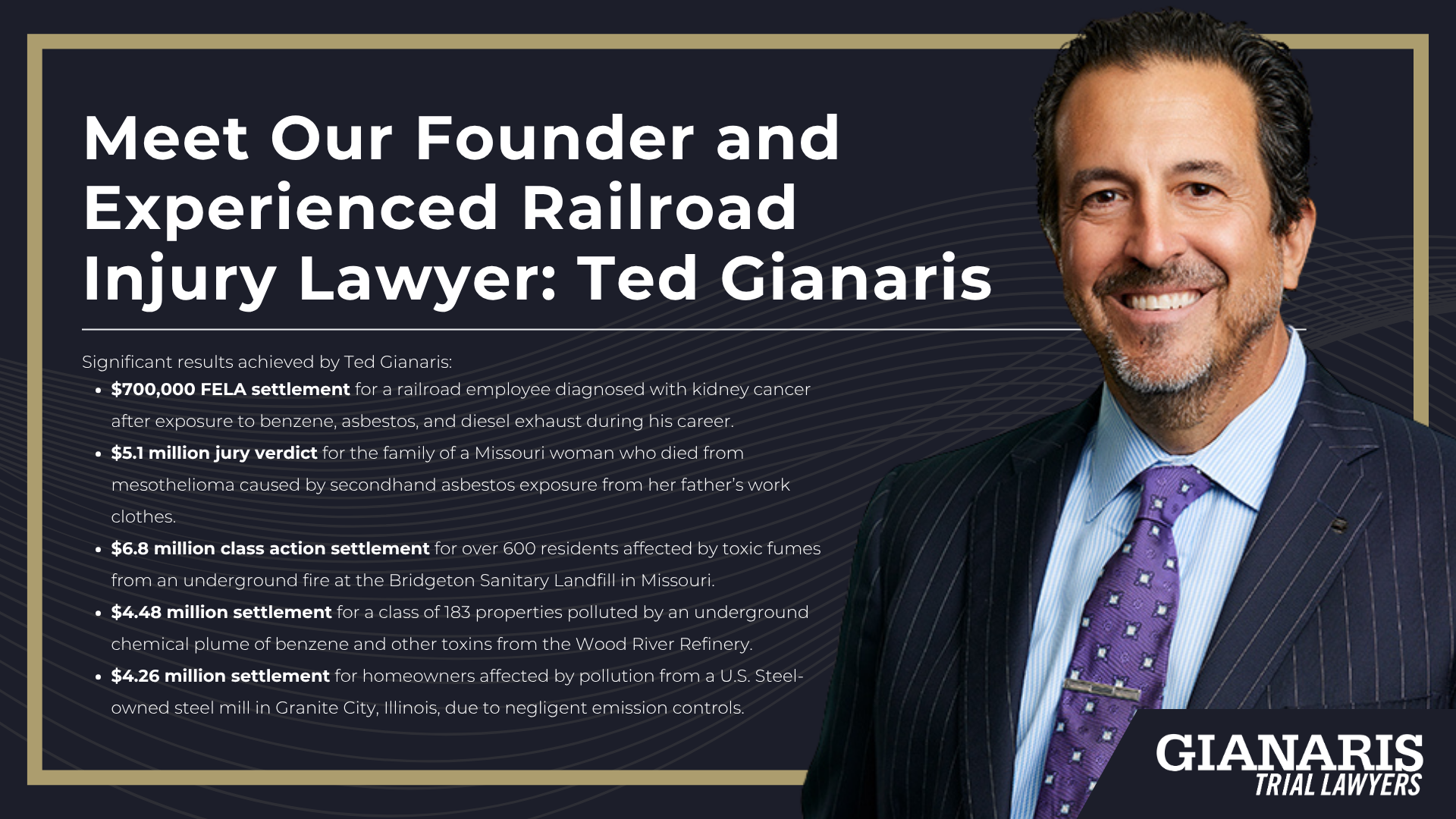
Significant results achieved by Ted Gianaris:
- $700,000 FELA settlement for a railroad employee diagnosed with kidney cancer after exposure to benzene, asbestos, and diesel exhaust during his career.
- $5.1 million jury verdict for the family of a Missouri woman who died from mesothelioma caused by secondhand asbestos exposure from her father’s work clothes.
- $6.8 million class action settlement for over 600 residents affected by toxic fumes from an underground fire at the Bridgeton Sanitary Landfill in Missouri.
- $4.48 million settlement for a class of 183 properties polluted by an underground chemical plume of benzene and other toxins from the Wood River Refinery.
- $4.26 million settlement for homeowners affected by pollution from a U.S. Steel-owned steel mill in Granite City, Illinois, due to negligent emission controls.
How Much Does it Cost to Hire a Railroad Lawyer from Gianaris Trial Lawyers?
Hiring a railroad lawyer from Gianaris Trial Lawyers costs nothing up front.
We work on a contingency fee basis, which means you don’t pay any legal fees unless we successfully recover compensation for you.
This structure allows injured railroad workers and their families to pursue justice without taking on additional financial risk during an already difficult time.
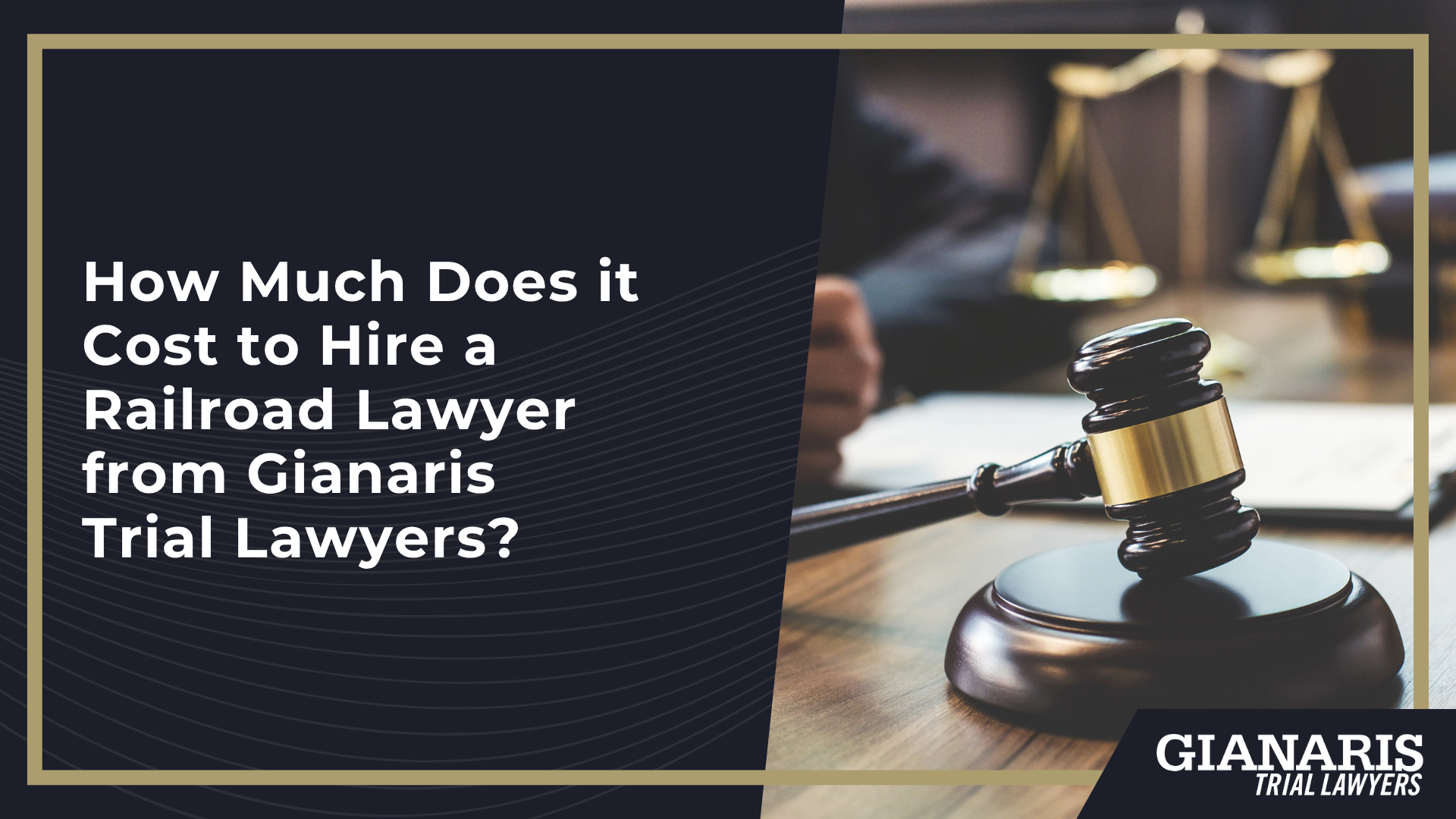
Our fees are collected only as a percentage of the final settlement or trial verdict.
This approach keeps the focus on results and allows our clients to access top-tier legal representation regardless of their financial situation.


